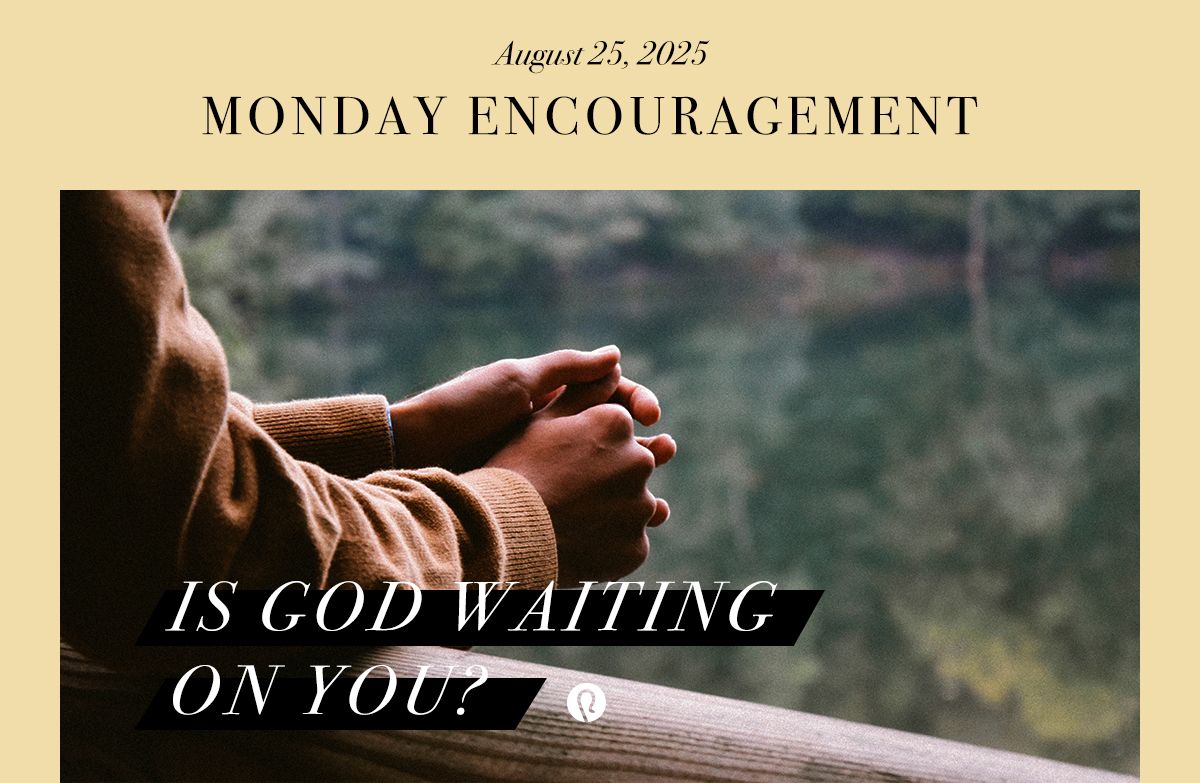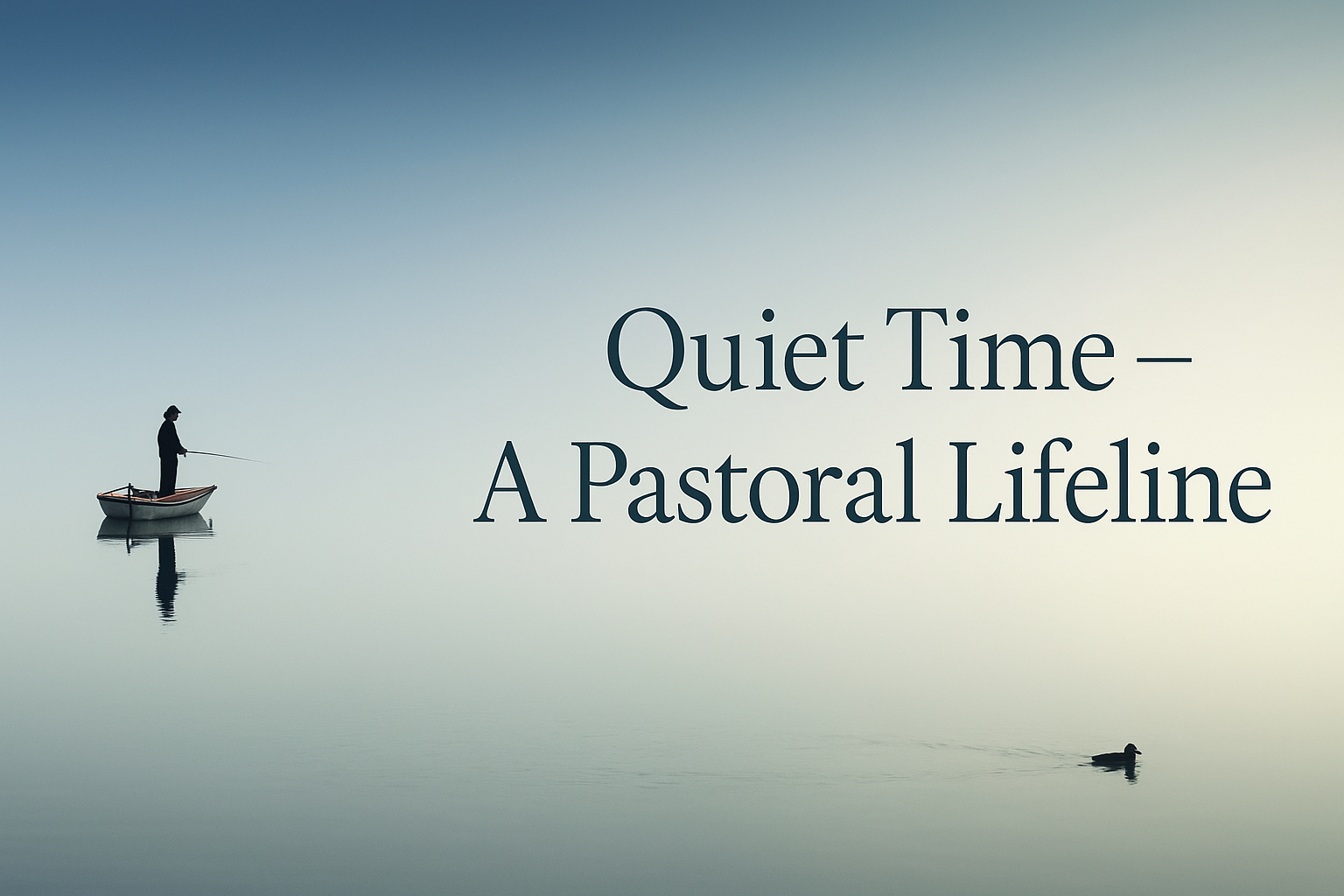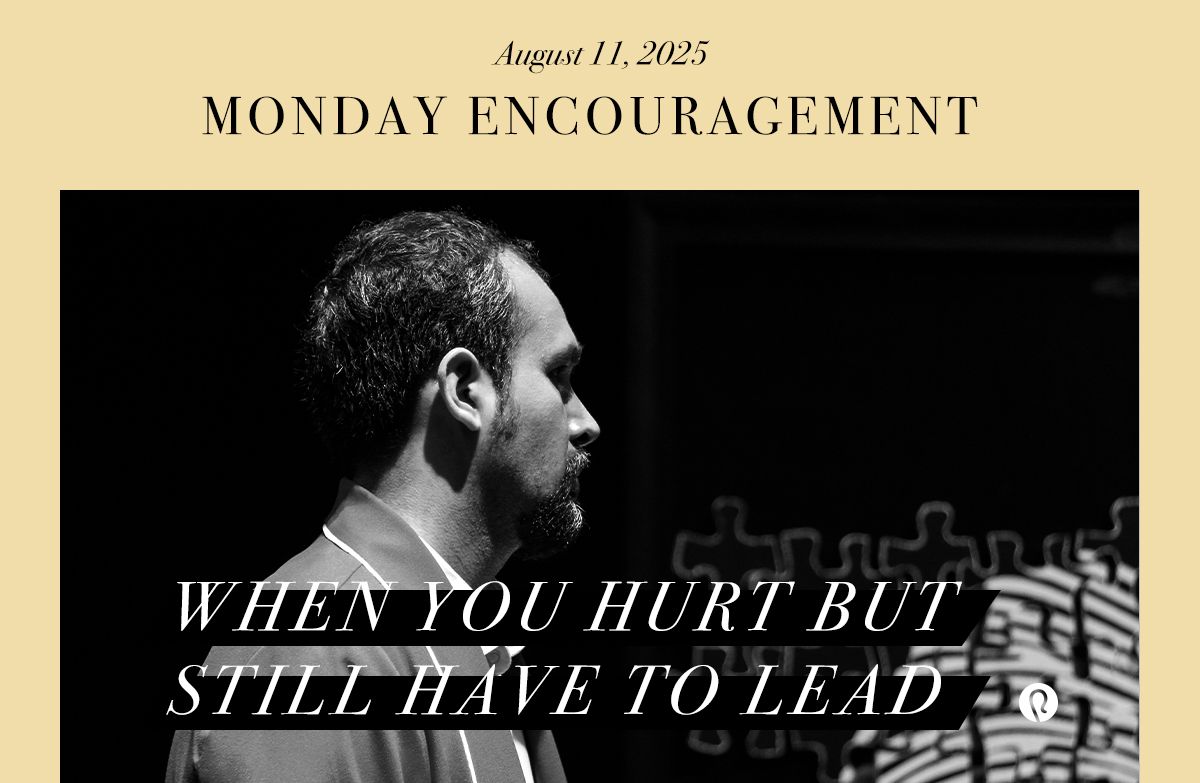
We spend a lot of time in waiting rooms.
Some of those waiting rooms are in hospitals where we await word of a diagnosis. But we don’t just sit in waiting rooms in hospitals. We sit in our offices and wait for a ministry assignment we’re expecting soon. Sometimes we wait for relationships that need healing. Other times we wait for a specific transition period in our lives—graduation, marriage, or having children.
We also wait for God to answer our prayers—prayers for healing, hope, and guidance. Understanding God’s timing can be tough.
The Christmas story has a lot to say about waiting and God’s timing. God’s promise to send his Son into the world had the Israelites waiting for years. But the Bible tells us, “When the right time came, God sent his Son ⸤into the world⸥” (Galatians 4:4 GW).
God hadn’t forgotten about the Israelites. He was waiting for “the right time” to send his Son.
He hasn’t forgotten about you either.
God’s delays aren’t a denial. There’s a big difference between “no” and “not yet.” When God is giving you a “not yet,” it’s important you learn to wait well. If not dealt with well, the waiting room can be full of temptations.
The Bible gives us four important actions we need to take as we wait on God.
1. Fear Not: Trust God.
When things don’t happen on your timetable, “fear not” means “trust God.” The opposite of fear is faith. When you fill your life with faith, then you can get rid of the fear. The phrase “fear not” is in the Bible 365 times—once for every day of the year. God is saying to us, “I don’t want you to be afraid. You just need to trust my timing.”
Trusting God is the number one way to relieve stress in your life. The more you trust God, the more your stress will go down. The less you trust God, the more your stress is going to go up.
Prayer is another great stress reliever. In fact, Psalm 31 provides us with a model for a prayer during fear-filled times: “I trust in you, LORD; I say, ‘You are my God.’ My times are in your hands” (Psalm 31:14-15 NIV). It’s hard to pray this when we’re in the waiting rooms of life, but recognizing that our times are in God’s hands takes the pressure off.
2. Fret Not: Be patient.
In the old English, “fret” meant “worry.” When you fret, you become stressed out, anxious, and irritable. We worry when our world is moving too fast and when it moves too slow.
The Bible says, “Be still in the presence of the LORD, and wait patiently for him to act. Don’t worry about evil people who prosper or fret about their wicked schemes. Stop being angry! Turn from your rage! Do not lose your temper—it only leads to harm” (Psalm 37:7-8 NLT).
The Psalmist reminds us that one of the biggest reasons we get stressed in the waiting room is that we focus on what’s happening in the lives of others. We wonder why God is blessing them while we wait.
Waiting patiently on God is a statement of faith. You’re complimenting God by saying, “God, I trust you. I’m waiting on you. I depend upon you.”
3. Forget Not: Study God’s promises.
God has given you over 6,000 promises in his Word that he wants you to remember while you’re in the waiting room. You can’t claim those promises unless you know them.
It’s like this. If you have an insurance policy and you don’t know what’s in it, you’ll be fearful and fretful. If you get in an accident, you don’t know what it covers. But if you know what’s in the policy, you don’t have to worry. The Bible is the policy on your life. If you don’t read it unless you’re studying to prepare a sermon, you won’t know what God has promised to do in your life.
For example, the Bible promises this to you: “If anyone keeps looking steadily into God’s law for free men, he will not only remember it but he will do what it says, and God will greatly bless him in everything he does” (James 1:25 TLB).
When you study God’s Word and do what it says, God doesn’t just bless part of your life. He blesses all you do. That means no matter what’s on the other side of your waiting room, God will bless you. You can depend upon that promise.
4. Faint Not: Don’t give up
God also urges us not to give up when we’re waiting: “Let us not get tired of doing what is right, for after a while we will reap a harvest of blessing if we don’t get discouraged and give up” (Galatians 6:9 TLB).
Just because God isn’t working on your timetable doesn’t mean you should give up. Don’t give up on the dream God has given you. Don’t give up on the ministry God has called you to. Don’t give up on the relationship you’re struggling to reignite. God hasn’t given up on you. Don’t give up on him.
The light is on at the end of the tunnel. What you’re waiting for may be right around the corner.







